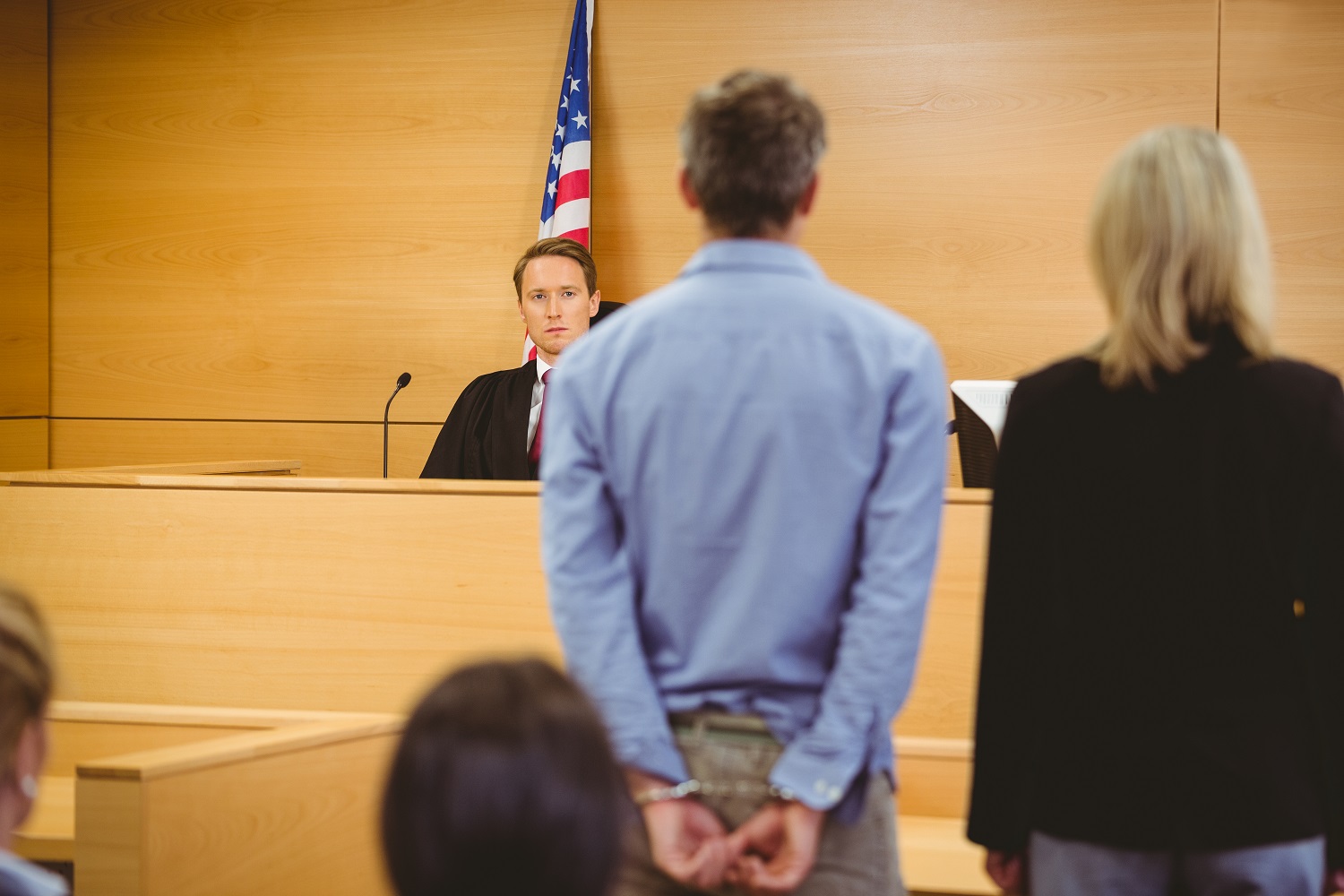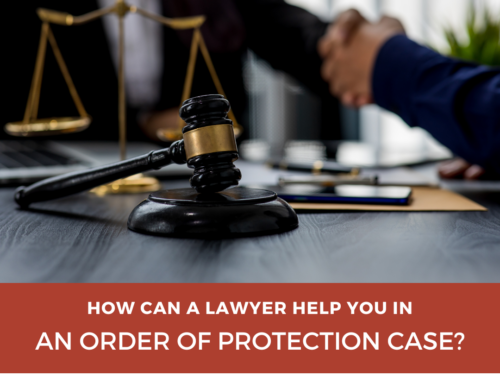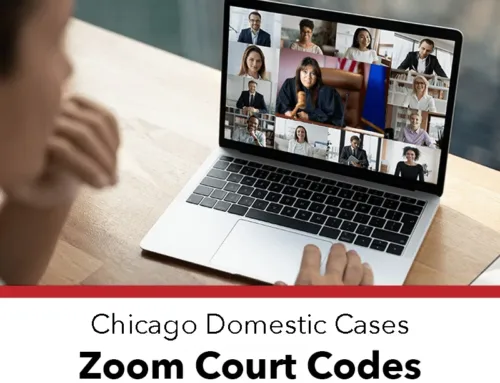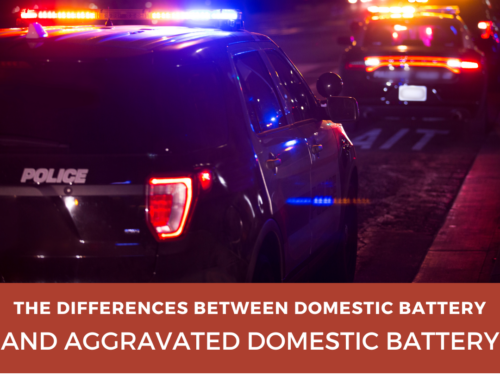Domestic battery is a serious crime in Illinois – and it’s one that sticks with you forever if you’re convicted. It’ll remain on your permanent criminal record, which could prevent you from finding a job, getting a decent place to live, or even from obtaining credit. If you’re charged with this crime, you most likely need to talk to an experienced domestic battery defense attorney immediately.
What is Domestic Battery?
You can be charged with (and convicted of) domestic battery if you knowingly:
- Cause bodily harm to a family or household member
- Make physical contact of an insulting or provoking nature with a family or household member
The more serious crime of aggravated domestic battery takes place if you strangle a family or household member, if you use a firearm, if the battery involves a child, if the battery involves sexual assault, or if you cause:
- Great bodily harm
- Permanent disability
- Permanent disfigurement
Who Are Family and Household Members?
Under Illinois law, family and household members are:
- Blood-related family members
- Co-parents
- Current or former roommates
- Elderly or disabled adults if you are a caregiver
- Parents or step-parents and children
- People related by blood through a child
- Spouses or ex-spouses
Penalties for Domestic Battery
If the court convicts you of domestic battery, it’s usually a Class A misdemeanor; aggravated domestic battery is a Class 4 felony.
Class A misdemeanor penalty: Imprisonment for up to a year and a fine of up to $2,500
Class 4 felony penalty: Imprisonment for up to 3 years and a fine of up to $25,000
A domestic battery conviction is different from other misdemeanors because you’re not eligible for court supervision if it’s your first offense; instead, you have to go to jail. A domestic battery conviction stays on your criminal record forever – you can’t have it expunged or sealed later, which means it’s important to talk to a lawyer about your situation. While there’s no way to guarantee a certain outcome, your attorney might be able to help you avoid a domestic battery conviction.
Do You Need to Talk to an Attorney About Domestic Battery Charges?
For most people, it’s best to talk to a Chicago domestic battery defense attorney immediately after learning the charges.
Call us at 847-920-4540 right away for a free domestic battery consultation. We may be able to help you, so don’t wait; the sooner you call us, the sooner we can begin developing a defense strategy that gets you the best possible outcome.







Leave A Comment
You must be logged in to post a comment.